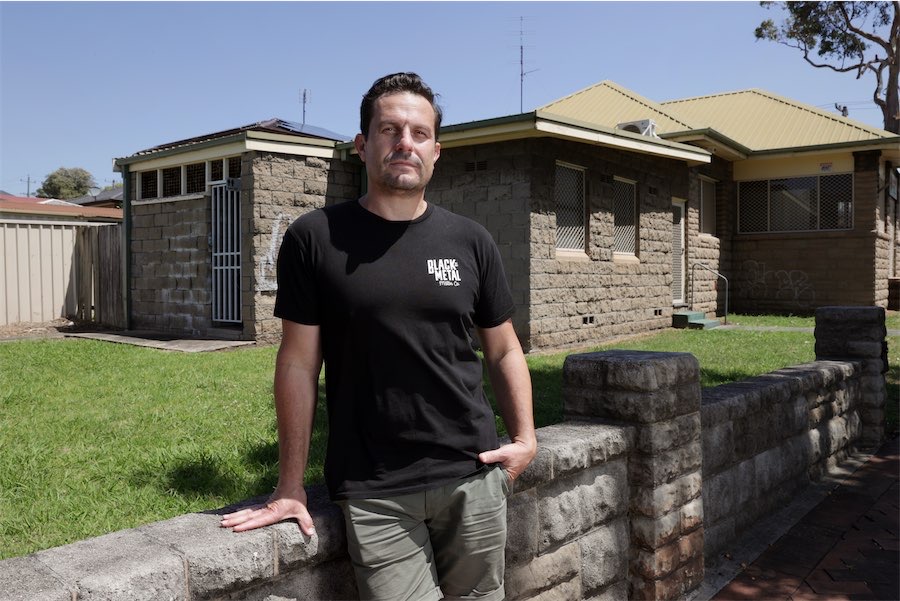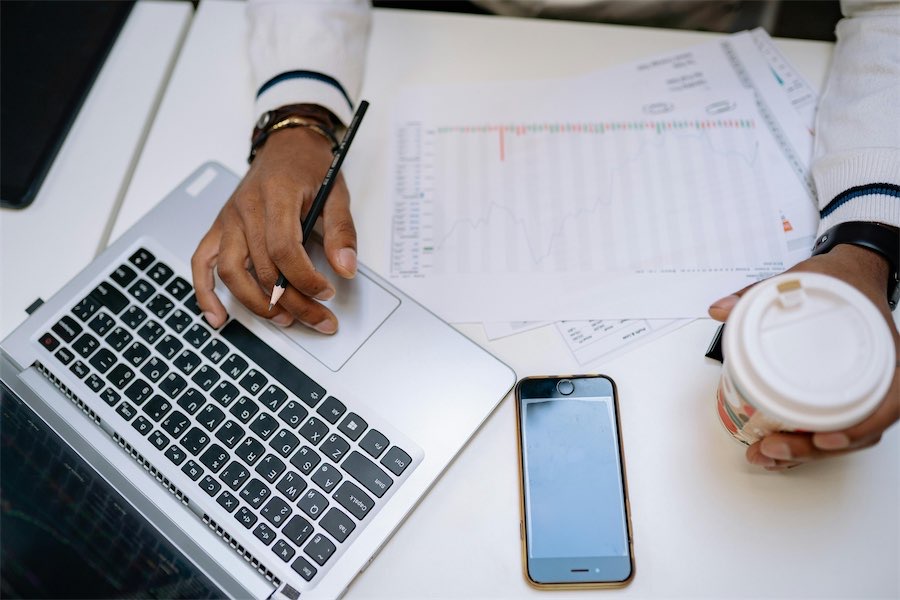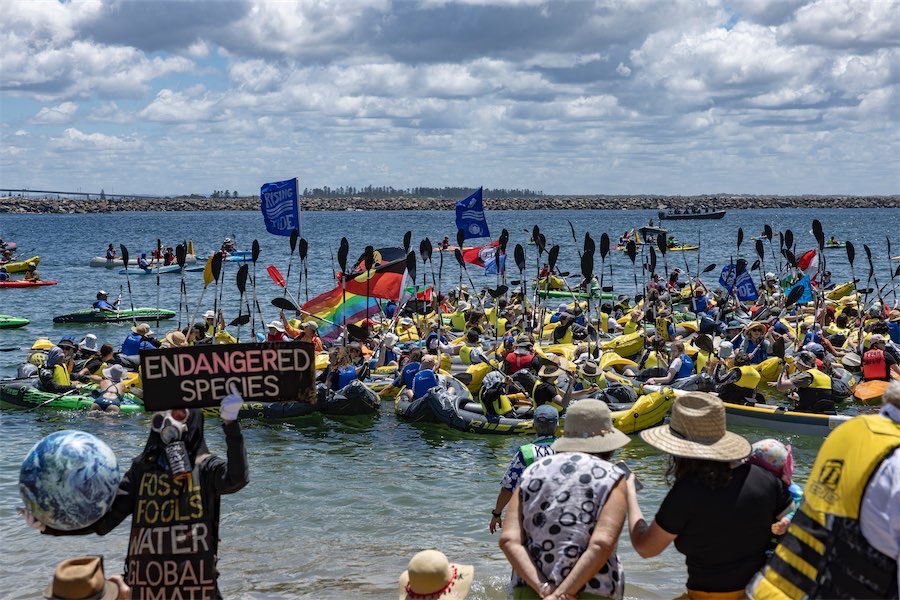 HELPING kids to wind down, share their feelings in a safe space, meditate and be present is the focus of a new mindfulness course for children, say facilitators Dr Rebecca Jackson and mindfulness tutor Susan Olsen.
HELPING kids to wind down, share their feelings in a safe space, meditate and be present is the focus of a new mindfulness course for children, say facilitators Dr Rebecca Jackson and mindfulness tutor Susan Olsen.
Rebecca and Susan say they saw how stressed their own children and those in their social circle were feeling and wanted to use their skills to create a child-appropriate mindfulness course.
“They’ve got a lot on their plates and, as I’d started mindfulness myself a few years ago, I could see how helpful it would be for our children,” says Susan.
Rebecca and Susan have created “A Still Quiet Place Canberra”, an eight-week mindfulness course for kids, run in Acton during term time, which they say helps enhance kids’ emotional resources to meet emotional challenges, old and new.
As a psychologist, Rebecca says she sees kids who have reached breaking point, who are anxious, depressed and overwhelmed.
“They’re coming into the practice and I’m teaching mindfulness techniques one-on-one, but I could see that if they had these skills before, they may not have got to that place,” she says.
Based on Dr Amy Saltzman’s program “A Still Quiet Place”, which was developed based on teaching mindfulness at schools, Rebecca says the program helps children observe their breath, body, thoughts, feelings and the world around them.
“We’ve used her concepts and added our own spin from our own training,” she says. “It’s quite organic though, and we’re led by what the kids bring to talk about.
“They’re unpacking their day in a healthy way, in a supportive environment, where they can express what they’re feeling – and then hearing, ‘that happened to me today, too’ is just so valuable.”
The benefits of a group setting are huge, say Susan and Rebecca, with the shared experience in a group helping kids feel a part of a community.
“It’s so comforting for them, and you can see it,” says Susan.
“Their brains are so wired to learn these techniques, and it’s going to be amazing for them to be able to take this forward in their lives.”
The group includes meditations, mindful eating and discussions on what thoughts and feelings are.
“Your mind is never silent – its job is to always think,” says Susan.
“We talk about how you don’t have to act on your thoughts, give them energy or believe everything your mind is saying, because then you create it. It’s something we all wish we had known at a younger age.”
There are currently two courses available, one for six to 10-year-olds and a teenage group from 11-16. Rebecca says they are also taking the course to schools for younger kids aged four to seven, are planning a two-day school holidays program, and a session for kids and parents together.
“Mindfulness is science-backed now and it’s been proven that it can change the brain, increase resilience, improve academic performance, help manage stress and anxiety, improve sleep and helps kids navigate friendships and conflict resolution better,” says Susan.
“I look forward to the class every week, because I can see that it impacts these kids in a profound way and they really enjoy it, too.”
Rebecca says she loves teaching kids that the still quiet place is in all of us, and you can find it just by breathing.
“It’s empowering for them because you don’t need any special equipment, and it’s accessible at any time, anywhere. It protects you from anxiety because it’s within you, all the time,” she says.
“It’s one of the first times I’ve worked in preventative health, and it feels like it’s actually got the ability to prevent people from that pathway where their struggles become so much bigger and more entrenched.”
Visit korrorook.com/mindful-self-compassion-mindfulness-meditation
Photos by Maddie McGuigan
Who can be trusted?
In a world of spin and confusion, there’s never been a more important time to support independent journalism in Canberra.
If you trust our work online and want to enforce the power of independent voices, I invite you to make a small contribution.
Every dollar of support is invested back into our journalism to help keep citynews.com.au strong and free.
Thank you,
Ian Meikle, editor








Leave a Reply